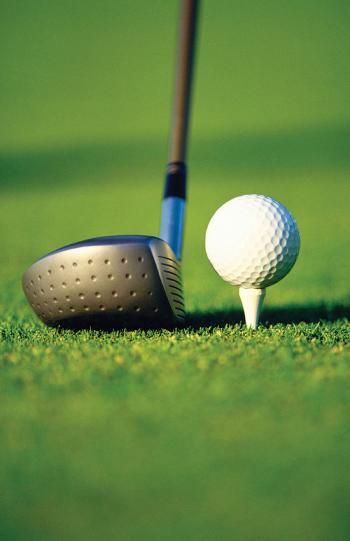
Bubka wants 'faster, more efficient' system against doping
IAAF presidential candidate Sergey Bubka says athletics must improve the speed and transparency in the system it uses to identify and sanction dopers, a day after his opponent Sebastian Coe strongly defended their anti-doping effort.
Both campaigners were reacting to leaked IAAF files containing suspicious blood tests among 12,000 samples involving 5,000 athletes, reported on by German broadcaster ARD and British newspaper The Sunday Times. They allege the IAAF did not act on them.
Bubka did not directly address the allegations in a statement on Wednesday, but claimed a “more proactive” approach against cheating was needed.
“At present, the anti-doping system is too complex and takes too long,” Bubka said. “It needs to be simplified to become faster and more efficient, and we need to deploy the best research and science to ensure that we keep a step ahead of the dopers.
“It is clear that we need more people working at the IAAF to tackle the biggest challenge our sport faces - identifying doping cheats and protecting clean athletes. This is a battle we can’t afford to lose, for the sake of athletics and all sports. Athletics is the most fundamental of all sports, and the way the world sees athletics influences the way it views all sports.”
Bubka, the pole vault great from Ukraine, is standing against Coe to replace outgoing president Lamine Diack at an election in Beijing in two weeks.
On Tuesday, Coe, like Bubka a vice-president at the IAAF, decried the media reports, calling them misinformed and unwarranted, and “a declaration of war on my sport.”
Meanwhile, the World Anti-Doping Agency confirmed on Wednesday that the leaked information did not come from its Anti-Doping and Management System, and that it has not been granted access to the database in question.
“WADA would also like to reassure clean athletes that atypical blood data, which may appear within this database, is not necessarily indicative of doping,” David Howman, director general of WADA, said. “It would be reckless to draw conclusions on the basis of limited information.”
- Log in to post comments
